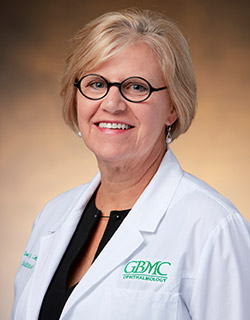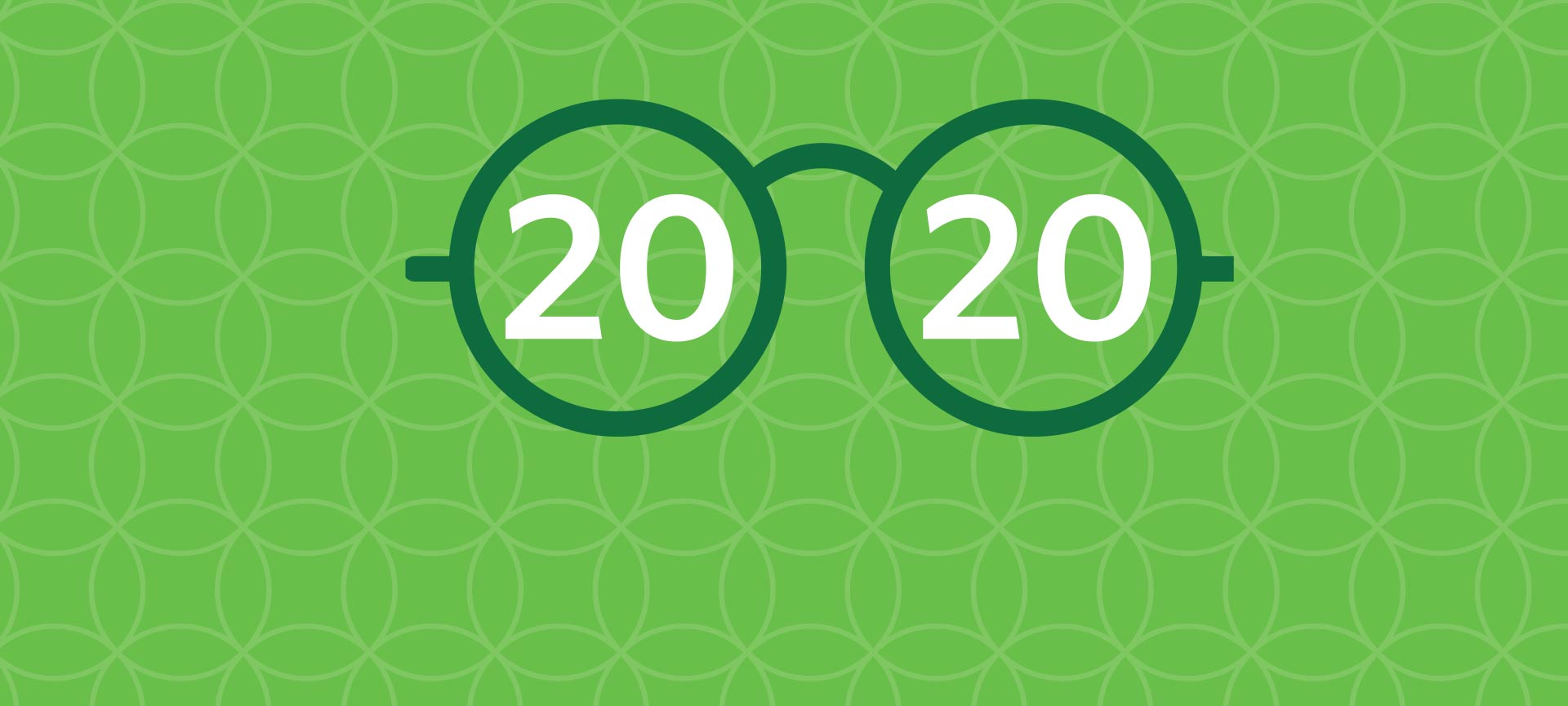Check this appointment off your to-do list as your kids go back to school
October 5, 2021
September means the start of a new school year and, for many children, the first "normal" back-to-school transition since 2019. Mary Louise Collins, M.D., Chairman of GBMC's Department of Ophthalmology and pediatric ophthalmologist at the Eye Center at GBMC, says vision screenings are an important part of the learning process and one that may have been postponed because of COVID-19.
"If you can't see well, you can't learn as effectively," she says. "Early diagnosis for kids who need glasses may help their education process."
Vision screenings have changed significantly over the past few decades, explains Dr. Collins. In addition to the traditional methods of vision screening by covering one eye and reading an eye chart, there are now vision screening devices that can pick up potential vision problems and result in referral to an ophthalmologist for a comprehensive eye exam and treatment.
"Screenings start at birth when the child has their first visit from the pediatrician in the newborn nursery. They administer a red reflex test to make sure there's a clarity to the eye and nothing blocking the vision from birth," she says. "Screenings should be a part of well-child visits from birth and throughout childhood."
Dr. Collins says early screening for vision abnormalities is key to preventing permanent vision loss. "One of the more common conditions is Lazy Eye (amblyopia), and one of the major causes of amblyopia is that one eye needs a strong prescription while the other doesn't."
She says it can be hard to spot, as the child is often functioning well. The most effective way to avoid preventable vision loss is through frequent vision screenings with follow-up examinations and treatment for children who fail the screening. According to Dr. Collins, there's been immense progress in the technology behind vision screening devices in recent years, and the screening results are highly accurate.
"Most kids who've failed a screening test do have something that may require swift treatment," she says. "It lets us know that child needs a comprehensive eye exam to determine if there is truly a problem that requires attention and intervention."
She stresses that if your child's doctor doesn't include vision screenings during their wellness visits, it's important to ensure they have a baseline eye exam around age 3 or sooner if you have any concerns about your child's eyes or vision.
There are a few things to watch out for if you believe your child may be struggling with their vision. Squinting is a major sign of impairment, says Dr. Collins, but there are more subtle cues, especially in older kids.
"An inability to sustain visual attention for prolonged periods of time, headaches from trying to squint or focus, and eye strain fatigue are all things to be aware of," she says.
Other signs something may be wrong with the eyes include any eye misalignment (crossing or drifting of the eyes), a head tilt or turn with visual attention, any type of cloudiness, or white reflection in the eye, or any sign that the eyes are not typical in appearance. In general, Dr. Collins says anything that causes concern should be examined by a doctor.
The pandemic put a hold on many routine checkups and examinations, and Dr. Collins encourages parents to make sure their child is up to date with their vision screenings during their next wellness visit. She also reminds parents that if a child fails a screening, it's imperative to schedule a follow-up visit with an ophthalmologist or optometrist who is skilled at examining young children.
"Even though it may look like they can see just fine, these silent conditions need to be caught early," she explains. "It's so sad when a child's vision is permanently impacted and it could have been avoided by early detection and treatment."





